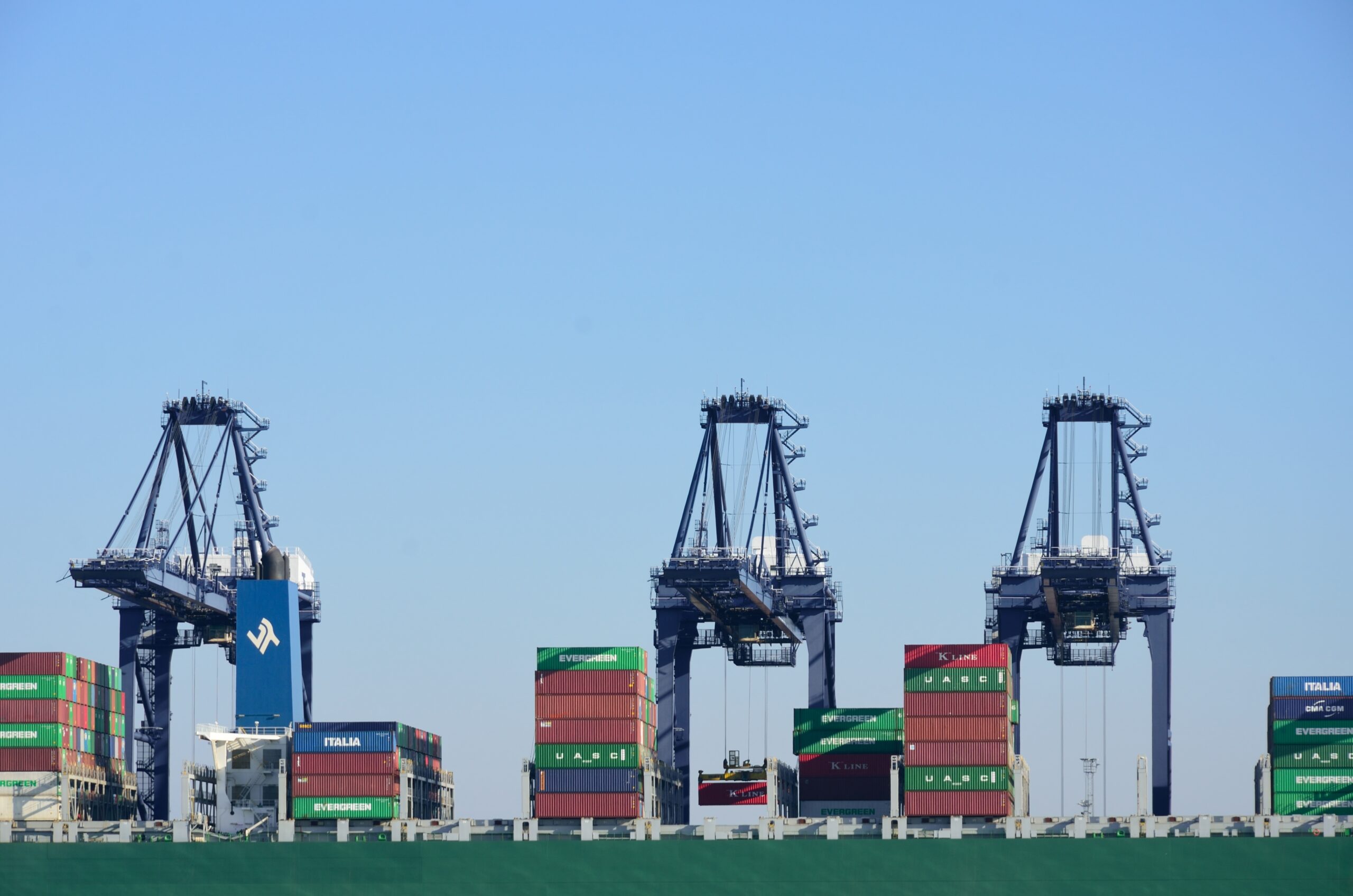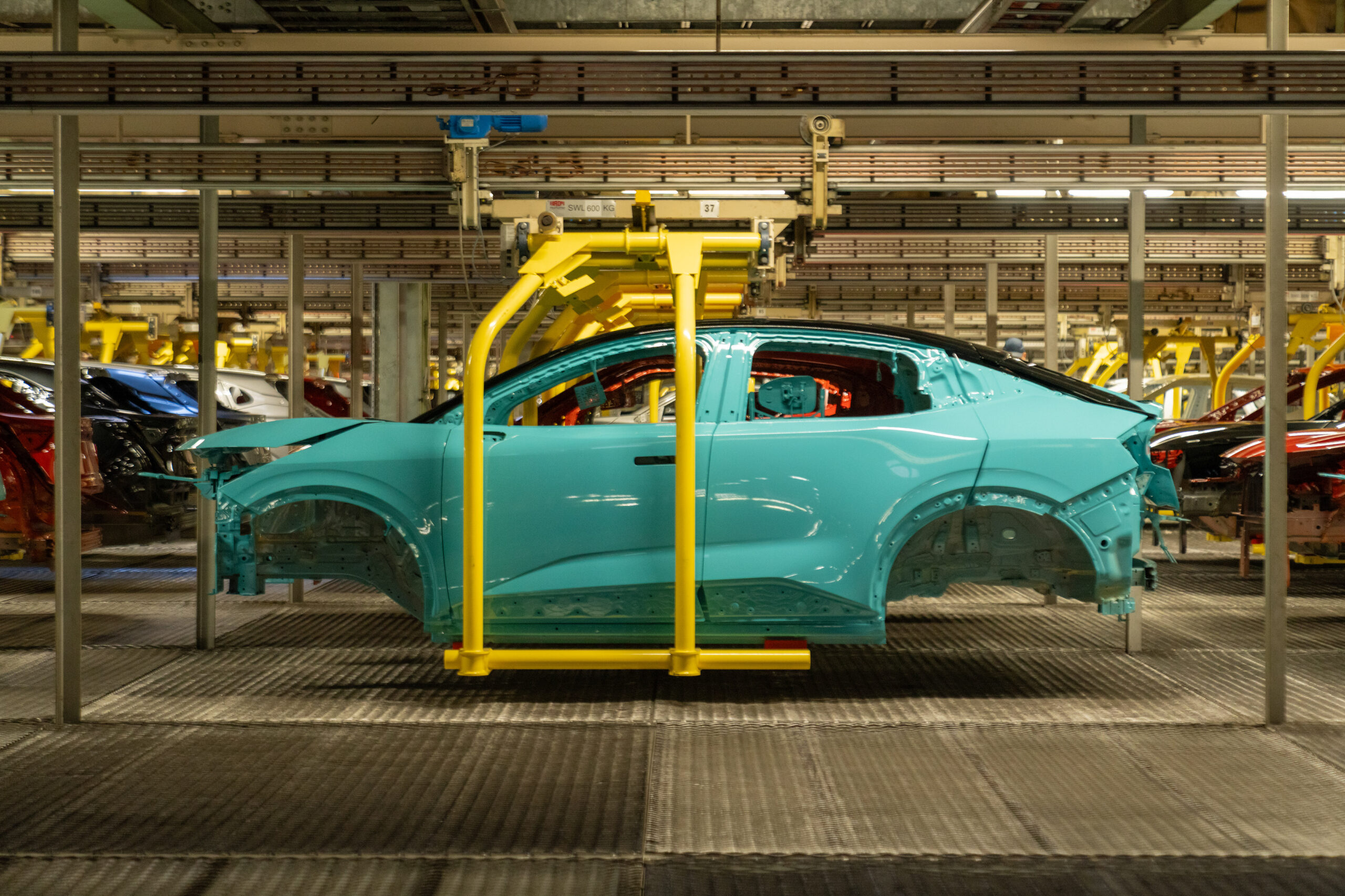

Five years since the UK-EU TCA was signed, the UK automotive sector stands at a pivotal juncture. While Brexit has fundamentally reshaped the trading landscape, subsequent headwinds – geopolitical uncertainty, rising protectionism, tariff barriers and intensified competition in the push to decarbonise – pile further pressure on our global competitiveness. SMMT’s latest Trade Report, published this week, shows the sector’s remarkable resilience in the face of these seismic shifts. We remain on course to generate more than £110 billion in trade for the third consecutive year even though vehicle manufacturing volumes are down significantly on pre-Covid levels.
Despite Brexit, the UK remains inextricably linked with the rest of Europe, and the numbers speak for themselves – last year, £68.4 billion in automotive trade crossed the Channel, almost half as much more than trade with the rest of the world combined. More than half of our car exports go to the EU, and the majority of vehicles purchased in the UK are European made. It is a partnership that delivers for both sides.
Recent years have also seen a transformation in our cross-border trade profile. Trade in electrified vehicles between the UK and EU is up more than five-fold since 2019, with values now exceeding those of internal combustion engines. Yet this progress is under threat. The looming introduction of stricter rules of origin for batteries in January 2027, combined with unclear definitions and challenging thresholds for local content, risks imposing tariffs of up to 22% on electrified vehicles. With combustion models facing zero tariffs, this wouldn’t just undermine our competitiveness, it would hold back the transition to electrification across Europe, risking investment, jobs and growth.
This transition is already under immense pressure – as evidenced in discussions with industry leaders and other stakeholders at IAA Mobility held in Munich this week. More than 40 different models were launched or revealed, reflecting a global industry subject to the most intense competition in living memory. Pioneering products are being rolled out at rapid pace and, while the UK is committed to staying at the very front of that race, it cannot happen at any cost. Decarbonisation must not mean deindustrialisation.
That’s why we are calling on government to be proactive – monitor compliance rates, secure a workable definition for cathode active material and expedite negotiations to re-join the Pan-Euro Mediterranean Convention. By forging closer ties with the EU and making automotive central to our trade strategy, we can shore up our sector’s future, create skilled jobs, and drive a net zero future for all.
SMMT Update
Sign up to the SMMT Update Newsletter for weekly automotive news and data
"*" indicates required fields


